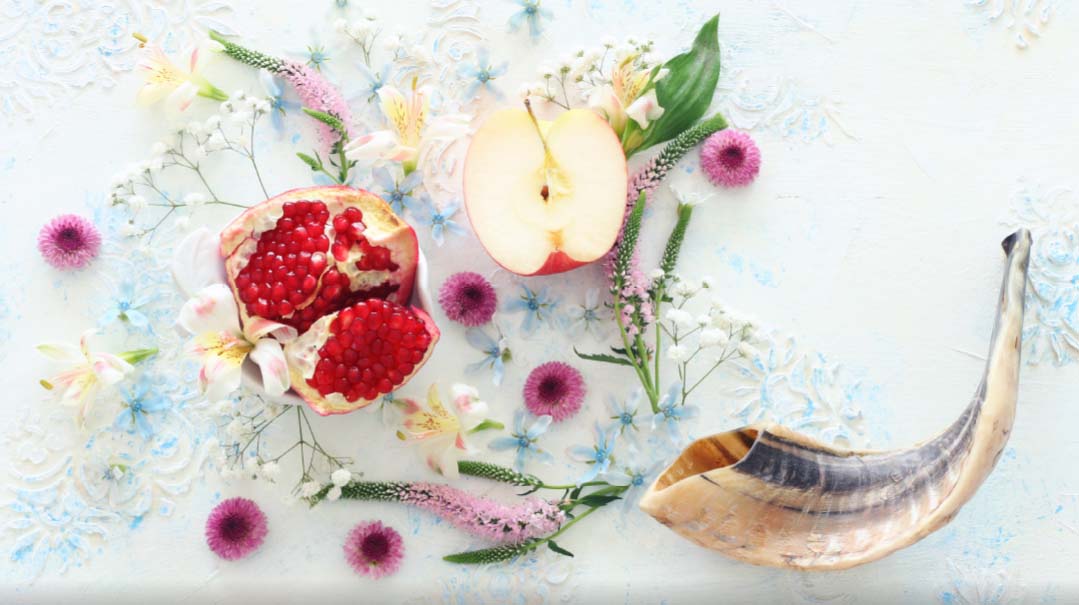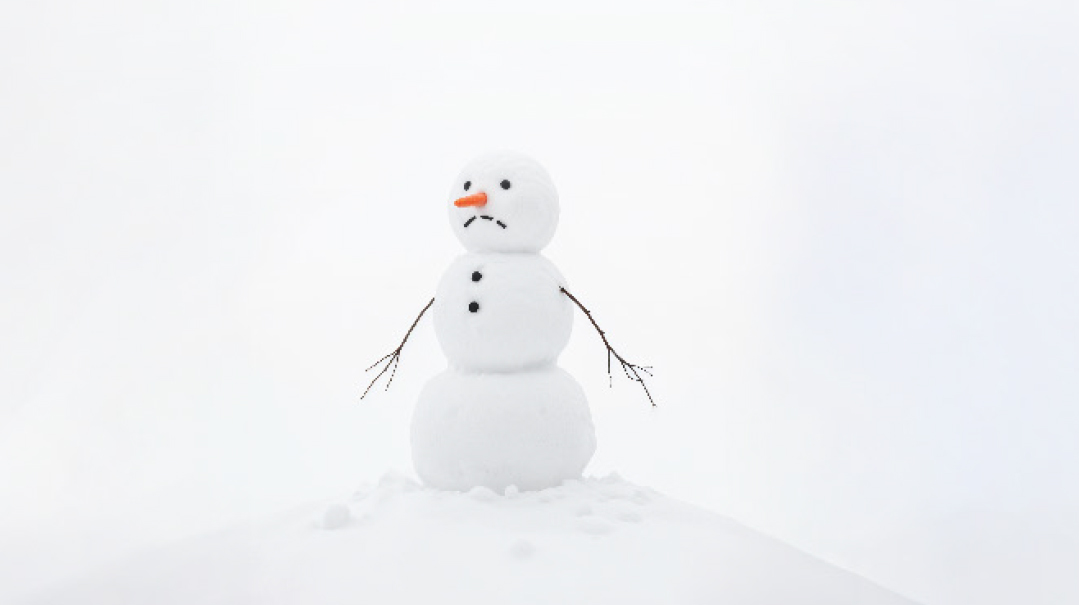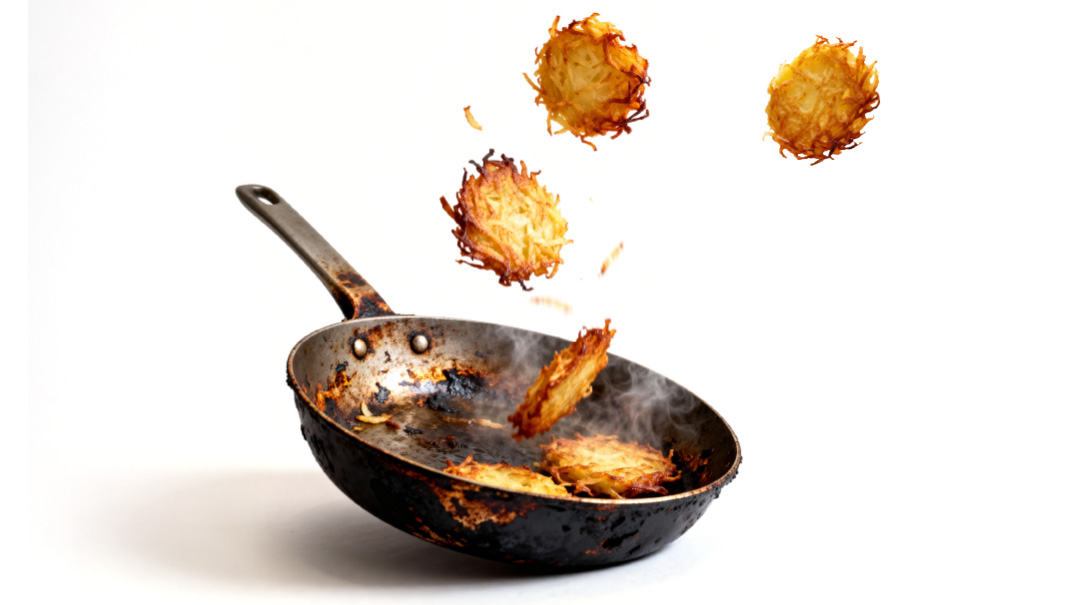Newborn
| August 31, 2021“What’s her Jewish name? She needs a Jewish name,” the rabbi whispered

"Oh, so I guess your name is Penina because you were born on Rosh Hashanah?”
I stood there in my host’s dining room, just before the meal on the second day of Rosh Hashanah, and wondered how I had managed to reach my 21st birthday without ever making that connection.
When I was born, my parents weren’t frum, but my father had always been dragged to shul by his observant grandfather. After marrying my mother, he continued to attend services at Beth Jacob Synagogue in Atlanta, Georgia, the shul my mother had grown up attending.
I was born toward the end of the second day of Rosh Hashanah, which fell out on a Friday that year. After spending time with his wife and his newborn little girl, my father drove to Friday night services, as he always did. That particular Friday night he was eager to share the exciting news that he had just become a father. The gabbai told him he should come back the next day to get an aliyah and name the baby.
My father arrived late on Shabbos morning. As soon as the gabbai spotted him, he nabbed him and brought him toward the bimah.
“Quick, you almost missed Krias HaTorah! You have to name the baby.”
“Nah, don’t worry about it, we already named her in the hospital.”
Ignoring him, the gabbai brought my father to Rabbi Emanuel Feldman, the rabbi of our shul. He leaned over and asked my father the baby’s name.
“Francesca Beth,” my father said, beaming.
“What’s her Jewish name? She needs a Jewish name,” the rabbi whispered.
My father gave it a moment’s thought and answered “Okay. Francesca Beth.”
Oops! We could not locate your form.







